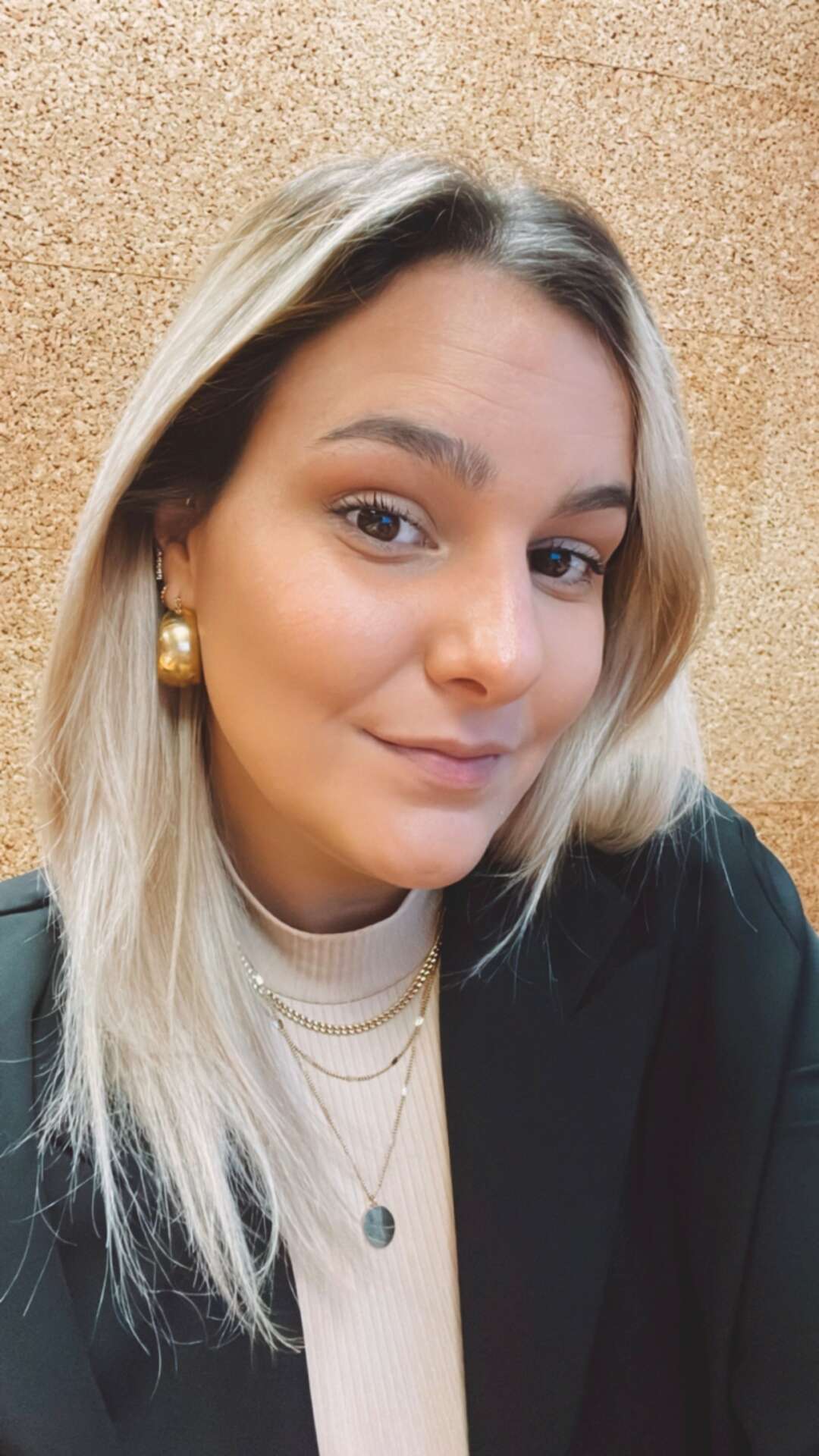We recently connected with Carlota Barreno Fernández and have shared our conversation below.
Carlota, appreciate you joining us today. What do you think matters most in terms of achieving success?
Although it is widespread, I believe that the key to success lies in effort.
I started working in the second semester of my Freshman Year. I did not do it to earn money, since in Spain most internships are unpaid, but to gain experience and complete my CV with academic and work experience.
My first internship revealed to me what world I didn’t want to dedicate myself to, the publishing world.
My second internship taught me to combine studies and work. In the morning I went to class and in the afternoon, I went to my internship, 5 days a week. My company oversaw organizing art events, trips aimed at bringing art collectors together in order to sell artworks. In addition, the company organized ARCO, the biggest art fair in Spain. This taught me the discipline that if I wanted something I had to work hard to get it. It didn’t matter if I left class tired, worked until 9 pm, and studied at night, I was clear that I wanted my future to shine and I put all the means to achieve it. I learned what sacrifice means, especially when final exams and paper submissions were combined with peak workloads. In this internship, I found it very challenging to acquire skills in two industries that I had never managed before (neither in college nor in the internship): art and event management. Art surprised me with an unknown world full of new things to learn. Event management showed me how stressful and rewarding it can be to organize an event.
During my third internship, I worked in the financial department of a foundation. I rediscovered a new world, that of non-profit organizations. This taught me the hard work and selflessness of this type of corporation. To appreciate how the effort goes into actions that directly help other people. The most challenging part of this internship was that I started it in the last Semester of my Senior Year. I had to combine work, 6 courses, and my degree final thesis. I saw again how with effort and discipline you can achieve anything.
Once I graduated, I started working in the institutional relations department of my former university. I learned the value of public relations and contact with people and how relationships between companies work to form synergies of all kinds. It also helped me see that it was a world I did not want to dedicate myself to, but it was an indispensable bridge to what I do today.
While I was working in the institutional relations department, a person was hired for the communication department. Little by little, in my free time, I helped this person with some actions related to the marketing and communication of the University. Since some of my electives were in Marketing, I was able to support her in more sales-oriented strategies. When I saw the impact of the messages that we transmitted from the company to the outside, I decided to take a course in social media and open the first social channels of the University. Little by little, with a lot of effort and training, we launched the first specific marketing strategies. During the COVID, due to the need to digitize all communications with potential students, we launched the first paid campaigns on Google and Social Networks. From that moment on, I started working in the Marketing department of the University. Seeing some shortcomings on my part when it came to developing attractive creativities, I signed up for a master’s degree in graphic design. Once again, to achieve my goal I had to work hard since I worked until 6 pm and had a master class from 7 pm to 10 pm. I had to do my master’s projects at night to submit them in the next morning.
When I got my master’s degree, I was given more responsibilities such as: implementing the new corporate image of the company, developing a new website, the digital strategy of the university, optimizing the marketing tools we had… At that time, I was alone in the department, so it was very challenging because the workload was very high. What motivated me to continue was my clear objective, the illusion of creating a new department, and the fact that I loved marketing. After another master’s in digital marketing, many hours of work, learning from many people with whom I have worked and/or collaborated, many mistakes, and much sacrifice, I managed to become director of the department, CMO, with 27 years.
Today, after almost three years, we are four people in the team, and we have a consolidated marketing strategy in which we always make new implementations to innovate and grow.
During the pandemic, I also had the opportunity to create my own small design company with which I collaborated with different companies and individuals to help them develop their corporate and/or personal image for social channels.
As you have seen effort and sacrifice are the two main factors to achieve or get closer to success, not only professional, but also personal. I also think that the last ingredient to achieve success is to surround yourself with people who know more than you and try to absorb as much knowledge and experience as possible from them. We should see people as bridges to our next level, not threats.
My story is nothing extraordinary, I believe we can all achieve it by putting together the right ingredients (and a little bit of luck).
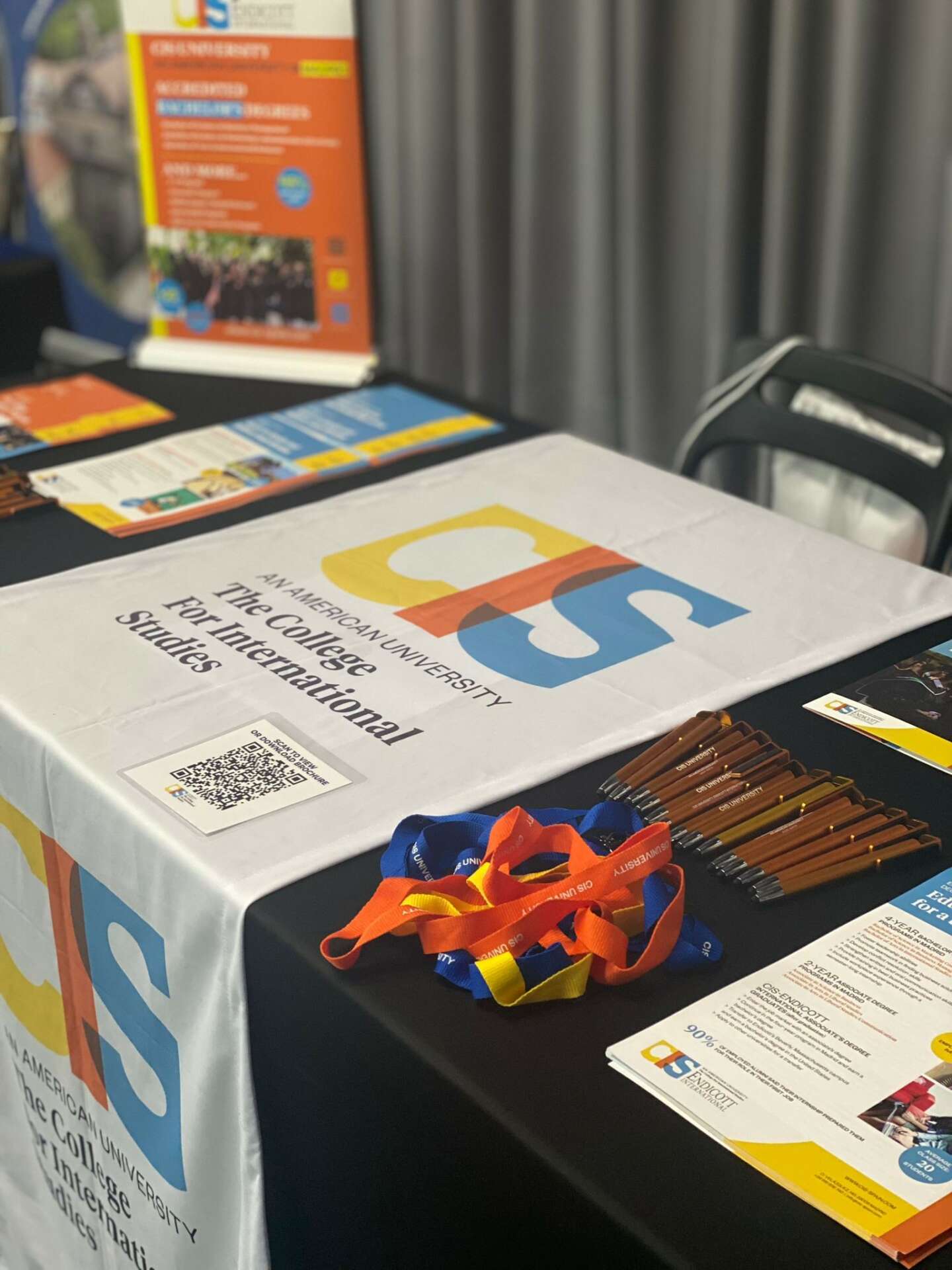
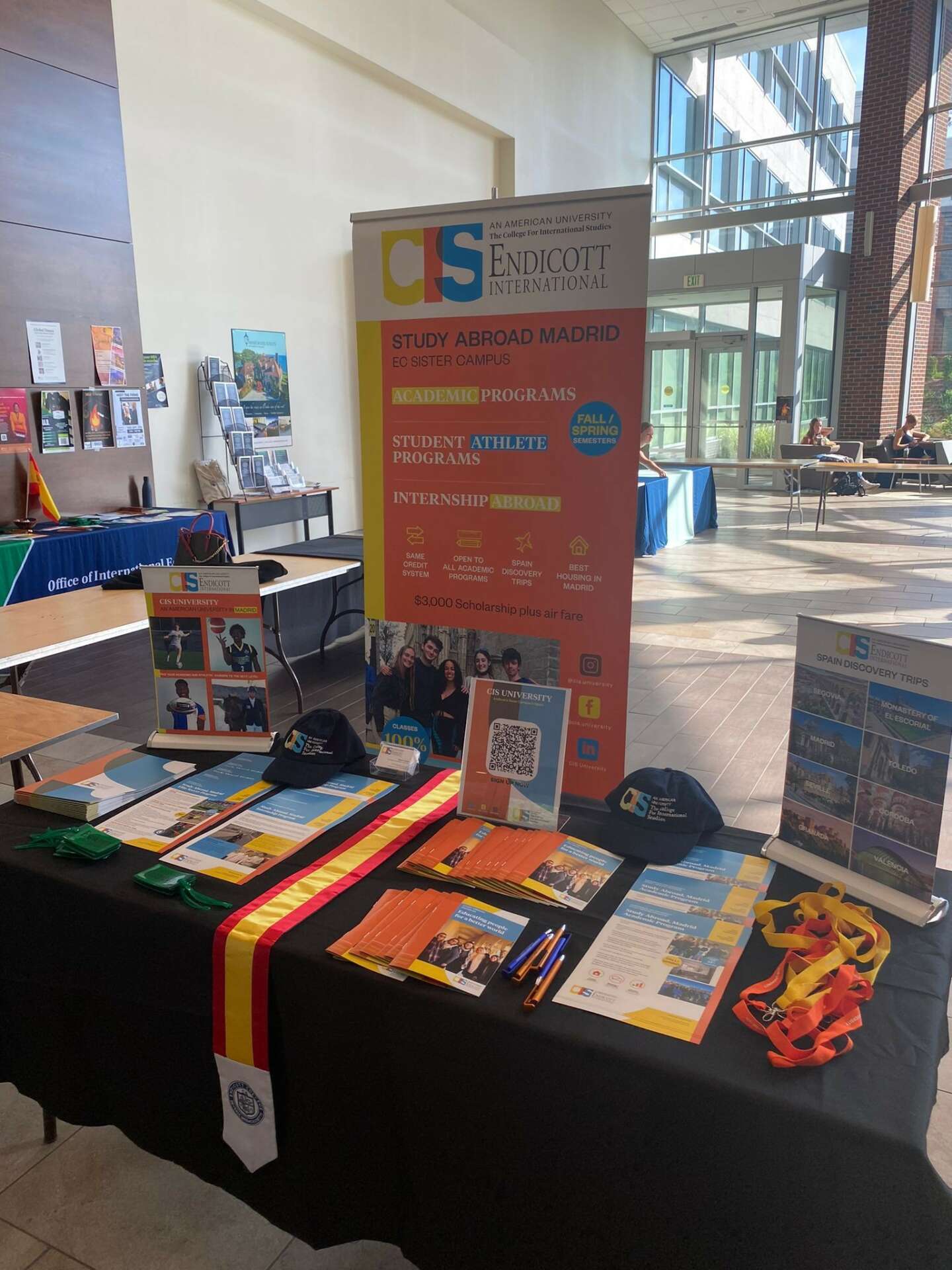
Carlota, before we move on to more of these sorts of questions, can you take some time to bring our readers up to speed on you and what you do?
Like most people starting college, my career and industry choices have changed a lot in a short period. I originally wanted to study veterinary medicine but never did. I started my degree in communications to major in corporate communications, after two years and seeing that I had no numbers courses (in high school I was a science student) I decided to change my major to finance, extending my career by one more year. Finally, I graduated in International Business with a major in finance from Saint Louis University.
My first internship was in the publishing world, and from there I jumped to the art industry and event organization. Two years later I worked in a foundation and was transferred to the institutional relations department. Today I work in the education industry, specifically in the university sector, and I lead the marketing department. Now I have found my real vocation and have continued my education based on that, doing a master’s degree in graphic design and another in digital marketing.
I work at an American University in Spain, with its Sister Campus in Boston (MA) and an International office in Miami (FL). My department focuses on three main tasks: strengthening the University’s brand, making it known, and attracting students from all over the world. It is a very challenging industry to market in for different reasons:
-The content that a university generates is not as attractive or fun as that of other types of businesses. We work hard and analyze the content to get it to reach young people and attract their attention, but sometimes it’s complicated. A young person would rather watch their favorite influencer than reels from a university.
-Digital advertising in the education sector is complicated. We try to attract the attention of different audiences but especially of potential students. We can generate interest in potential students but, in general, those who pay for the university are the parents. For this reason, our whole sales pitch for content (both organic and paid) has to be adapted to two very different types of profiles. Students and parents do not care about the same things when looking for a university.
-In advertising campaigns, it is not the same to advertise in t-shirt raffles, aggressive black Friday discounts, gifts, etc… than to advertise a university where you have to take care of every action for the benefit of the name of the institute and its reputation. A university degree implies, to a great extent, the future success of the student and involves a large financial outlay so it is not a quick decision that can be made only by visualizing a campaign on Google or social media networks. A 20-dollar t-shirt can be bought on impulse and if you don’t like it you throw it away, a university career takes a much longer decision process due to all that it implies (including the change of country in many cases).
-Due to the long time it takes for the lead to decide to enroll in college, in the marketing department we have to do a lot of hard work to get the potential customer (both student and parents) down the funnel. In the same way, we work very closely with the admissions and recruitment departments to support, help, and be on the same page to make every interested person become a student. We achieve this through specific content based on the concerns of each prospect, unique experiences at the university prepared for potential students, remarketing campaigns…
-Our target audiences are not only different between students and parents, we also target most countries in the world through organic content and campaigns. For this reason, we have to adapt messages and creative pieces based on geographic areas since, for example, a person in Spain looking for a university does not have the same needs, concerns, and interests as a person in Saudi Arabia.
-The continuous change of technologies and trends makes us to be always up to date and on the cutting edge. We have to continuously adapt to new emerging social networks, algorithm changes, and new technologies to always be where our potential customers are and reach them through what they are interested in. For example, this year we have developed a virtual reality experience to take to university fairs and attract the attention of potential students.
Thanks to the work developed by the entire team, and despite the newness of the department, in the last year we have managed to increase lead acquisition by 122%, applications by 57%, and enrollments by 35%. In addition, today we have students from more than 35 countries thanks to the possibilities that technology gives us to reach more people.
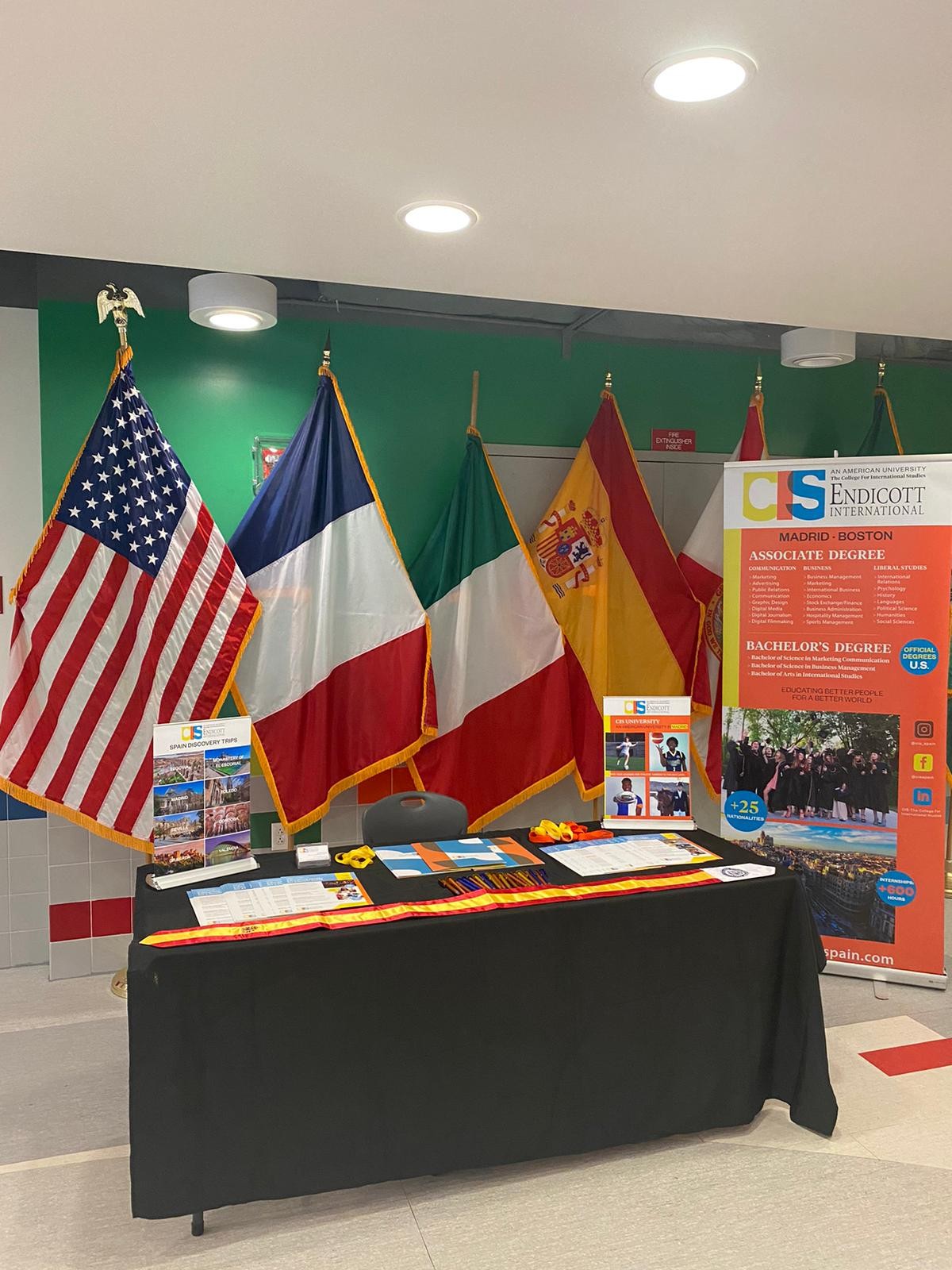
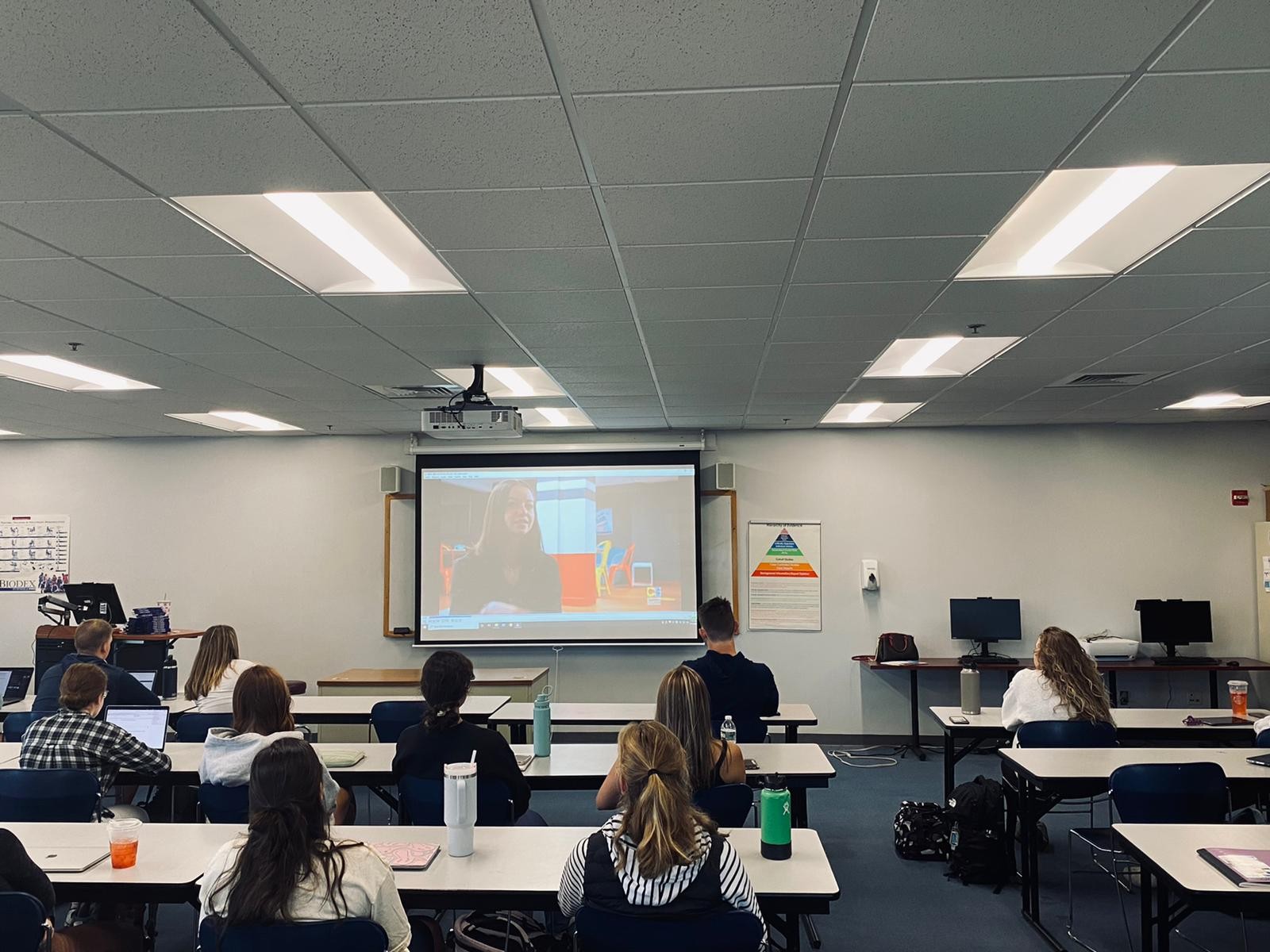
Any advice for growing your clientele? What’s been most effective for you?
The most effective strategy for expanding our university’s student enrollment has been a data-driven approach. The main actions we developed as part of our strategy are: >We invest in targeted digital marketing campaigns in social media, online advertising through Google Ads, and SEO to amplify our reach and engage with prospective students across diverse demographics.
>Establishing strong partnerships with high schools and community colleges has let us create a recruitment network, facilitating a continuous flow of interested students.
>Virtual engagement has played a pivotal role, with live webinars, info sessions, live workshops, and interactive virtual events providing accessible experiences for potential students and parents worldwide.
>Personalized communication through email campaigns and direct outreach ensures a supportive and informative application process.
>To address financial concerns, we’ve implemented merit-based scholarships and robust financial aid programs, making higher education more attainable for a broad range of students.
By fostering a sense of community, offering innovative academic programs, and maintaining transparency in our communication, we’ve successfully created an environment conducive to sustained growth in student recruitment. Comprehensive analysis of enrollment data and continuous feedback have played an important role in enabling us to adapt strategies promptly, staying attuned to evolving educational landscapes and student preferences.

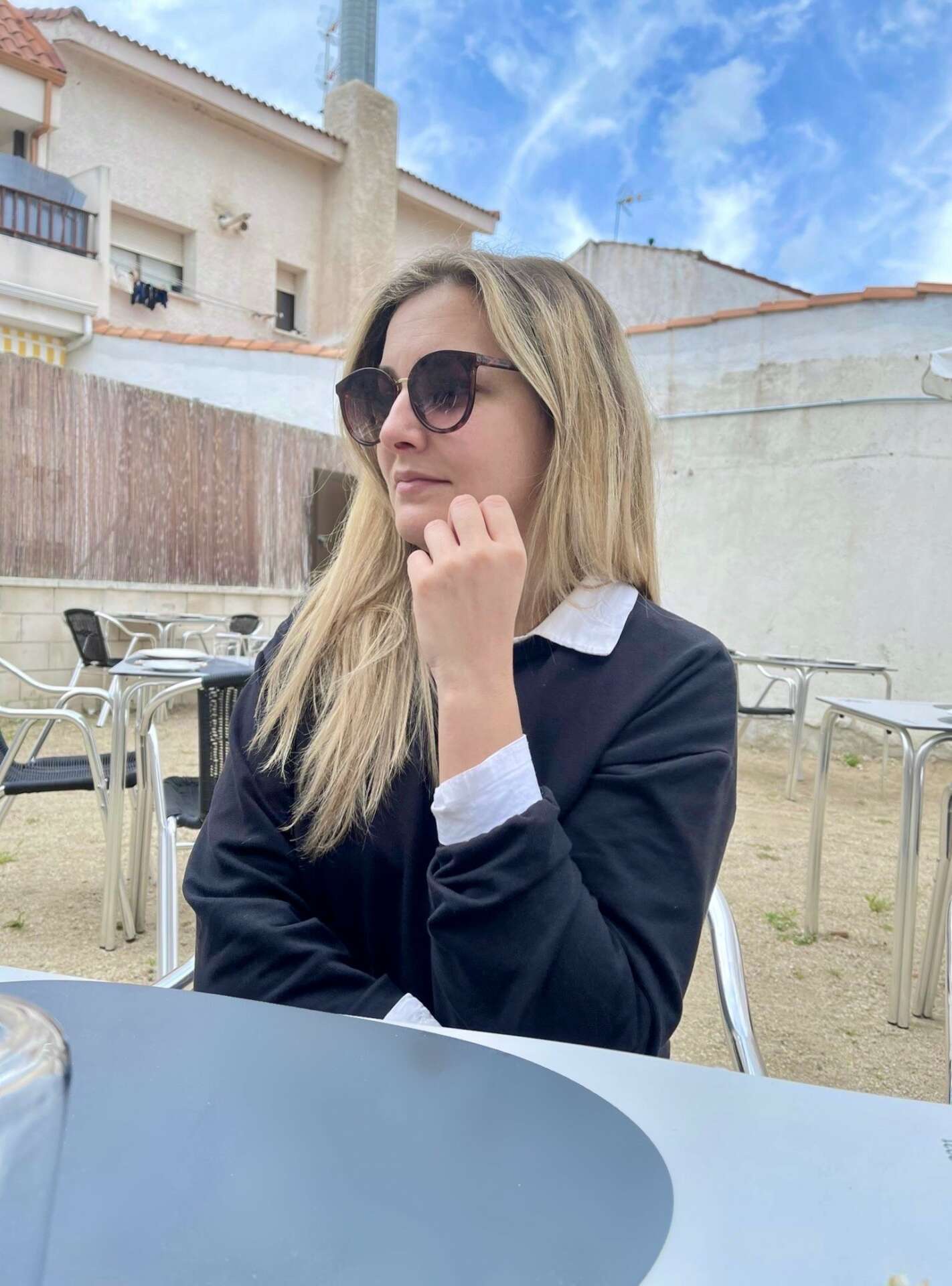
We’d love to hear about how you keep in touch with clients.
To maintain strong connections with clients/students and enhance brand loyalty, we employ a multifaceted approach. Firstly, we prioritize regular communication through various channels, including personalized emails, newsletters, social media, and blog updates, ensuring clients are informed about the latest activities and education initiatives from the University and our CSR. Secondly, we leverage technology to facilitate seamless interactions, utilizing customer relationship management (CRM) tools to track necessities and tailor our services and programs accordingly. Thirdly, we actively seek and value client (students and parents) feedback, addressing concerns promptly and demonstrating a commitment to continuous improvement. Additionally, we implement loyalty programs and exclusive activities to further incentivize recruitment of students through word of mouth (many of them are sons, siblings, or acquaintances of former students), while we provide exceptional customer service that consistently reinforces the trust our clients place in our university. Last but not least, we foster a sense of community through engaging content, activities, and events, we create an emotional connection that goes beyond the recruitment of students, ultimately solidifying brand loyalty.
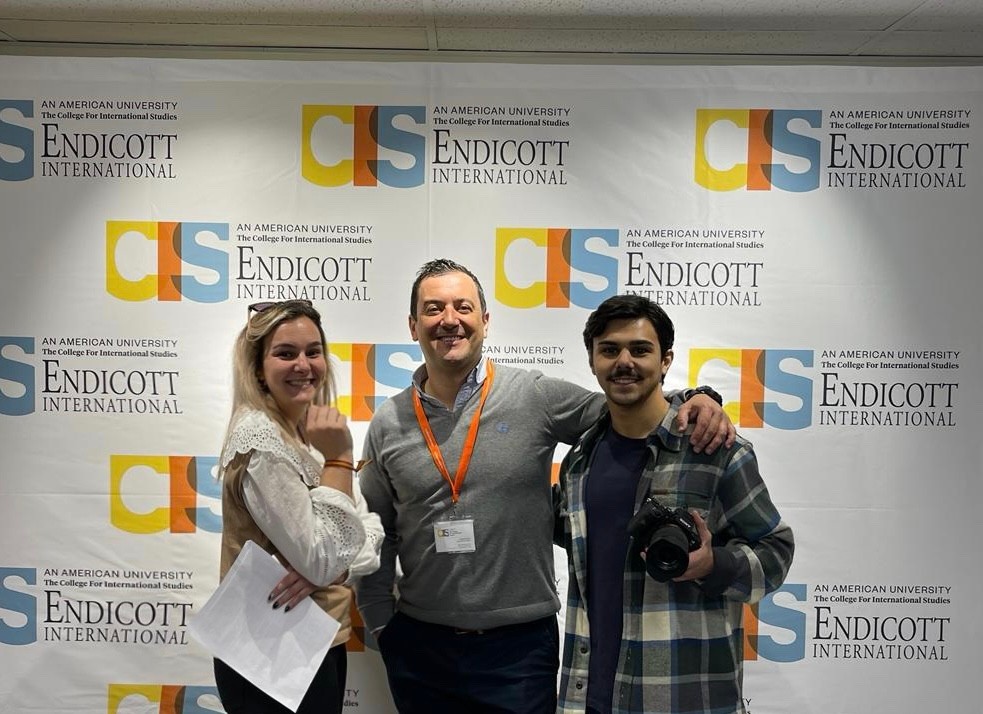
Contact Info:
- Instagram: https://instagram.com/charbfm?igshid=NGVhN2U2NjQ0Yg%3D%3D&utm_source=qr
- Linkedin: https://www.linkedin.com/in/carlota-barreno-fern%C3%A1ndez-052741100/


